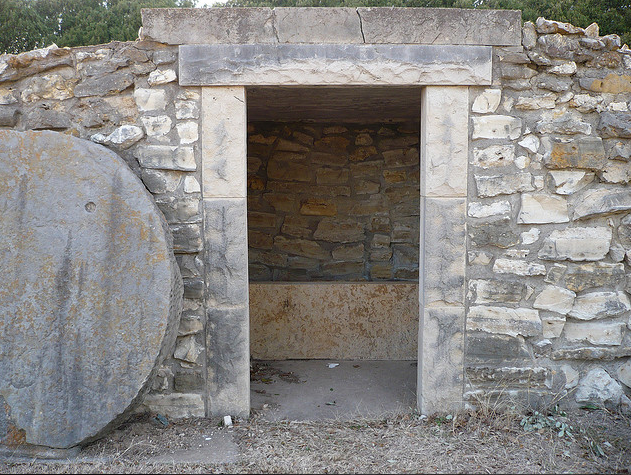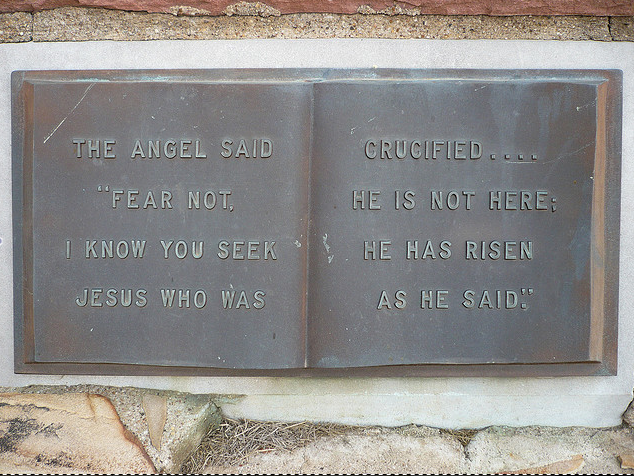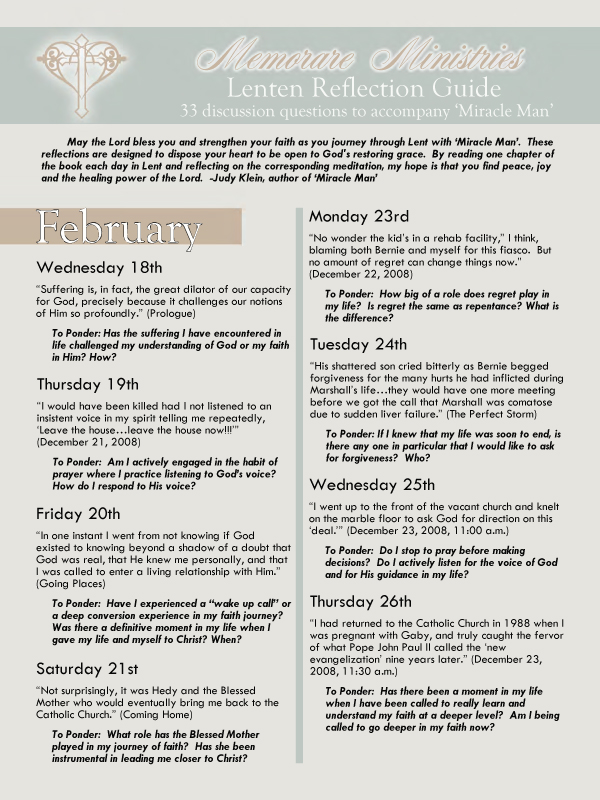Sign up for my Virtual Book Tour on my Home page and watch my exclusive new interview with broadcast journalist Mary Lou McCall, which will be available on my website next week!
We live in a world where pleasure-seeking has become a highly prized ritual. And we keep upping the ante on what constitutes “pleasure.” Sado-masochism is being normalized, evidenced by the immense popularity of “Fifty Shades of Grey.” Addiction is rampant, and kids are smoking more than “plain old pot.” They are, instead, indulging themselves in cheap, synthetic marijuana, guaranteed to give both an outrageous high and a psychotic break.
The stakes are going up, and so are the consequences. I’ve gotten five phone calls in the last few weeks from desperate mothers trying to figure out what to do about their drug-abusing children. It doesn’t take a genius to figure out that our societal disorder is escalating. So, what in the world is the answer?
I was praying about our collective cultural quandary the other day, and quite frankly, my heart was heavy. I decided to meditate on where it all began—the place where sin, chaos and disorder first entered the world. I began reading Genesis and glanced down at the footnote for Genesis 2:8, where the Garden of Eden, paradise, is first mentioned. I was stunned to learn that “Eden,” translated literally from the Greek, means “pleasure park.” Well, I thought, that explains everything!
Human beings first resided in a pleasure park, and it was positively delightful. Teeming with love, life and light, God’s blessing rested everywhere. Banished from paradise due to original sin, we’ve been trying to recreate Eden ever since. We seek endless pseudo-pleasures to fill the void, yet we avoid the one thing that can bring us real fulfillment.
Because here’s the thing: the bliss of paradise consisted in being in God’s presence, and in enjoying an intimate love relationship with Him. Paradise cannot be found outside of the Divine Presence—no matter how wildly we seek it elsewhere. St. Augustine, who discovered this personally, said it this way: “You have made us for yourself, O Lord, and our heart is restless until it rests in you.”
It’s not surprising that the less time we make for the pleasure of God’s presence, the more frantic and chaotic we become in trying to fill the God-void. Busyness is epidemic today, as we chase after endless activities, trying to do it all. On occasion, when we’re “still,” we plug ourselves into any number of gadgets that consume our attention. The endless noise makes it impossible to find interior silence, the place where Presence dwells and the sacred space into which God speaks.
How do we get back to Eden? Where do we find again God’s life, love and light? We must cultivate the garden of our soul, and we must be intentional about doing it.
There is no substitute for spending time alone with the Lord daily, where we speak to Him, become still and listen for His voice. God asks each of us, every day: “Where are you?” and He wants us to honestly tell Him. He yearns to uncover, possess and penetrate our hearts, and He wants us, in turn, to unveil ourselves, remove our fig leaves and let Him come in.
The secret to finding paradise is simple, yet it comes with a cost. If we “waste” time in God’s presence, and seek Him for His own sake, the place of delight will unfold from within like a beautiful garden. And the pleasure park it contains will surprise and satisfy us with its sweet, healing fruit.

















